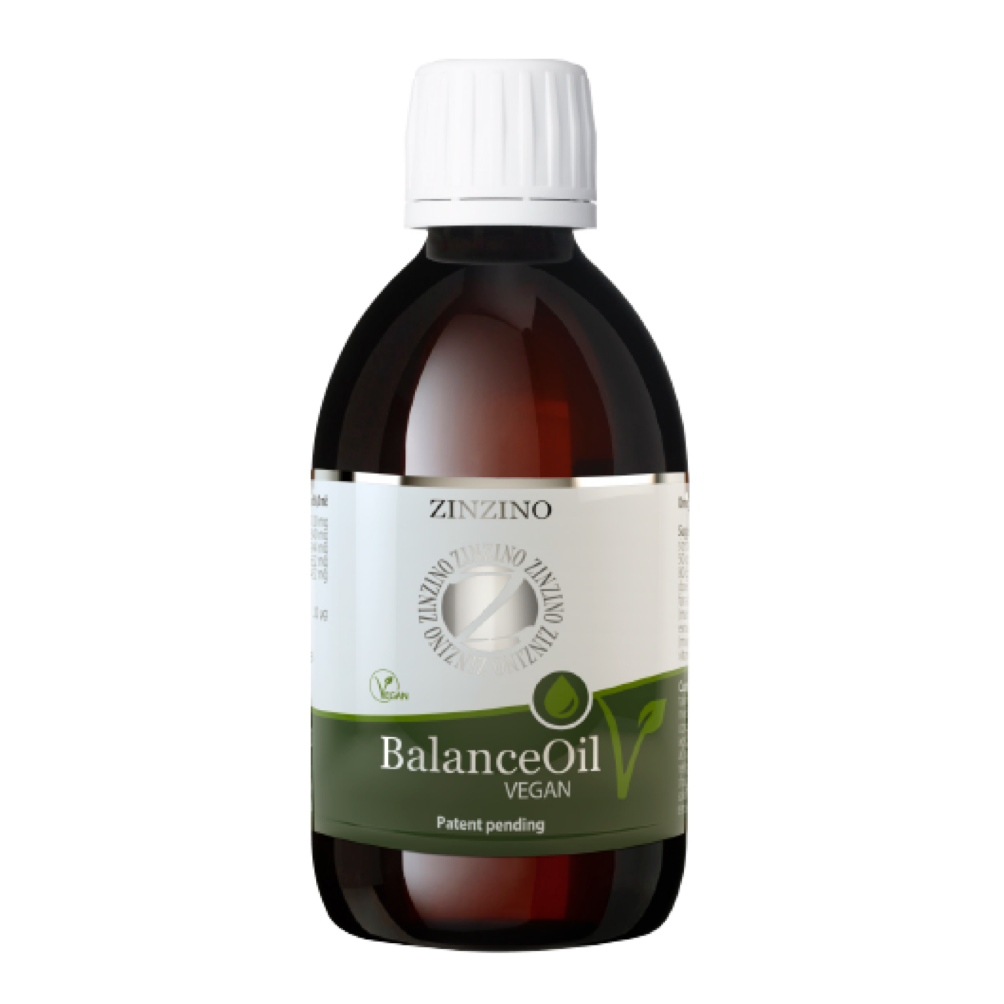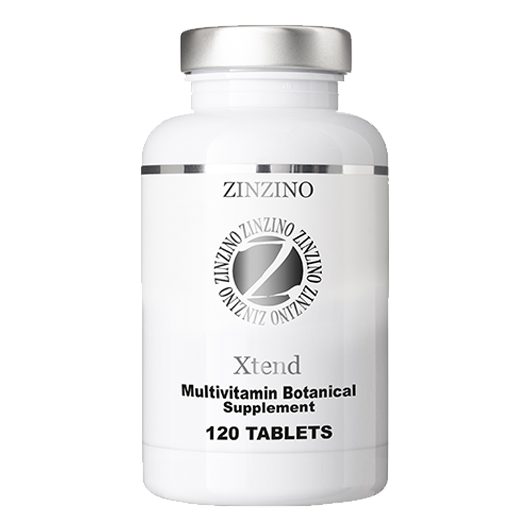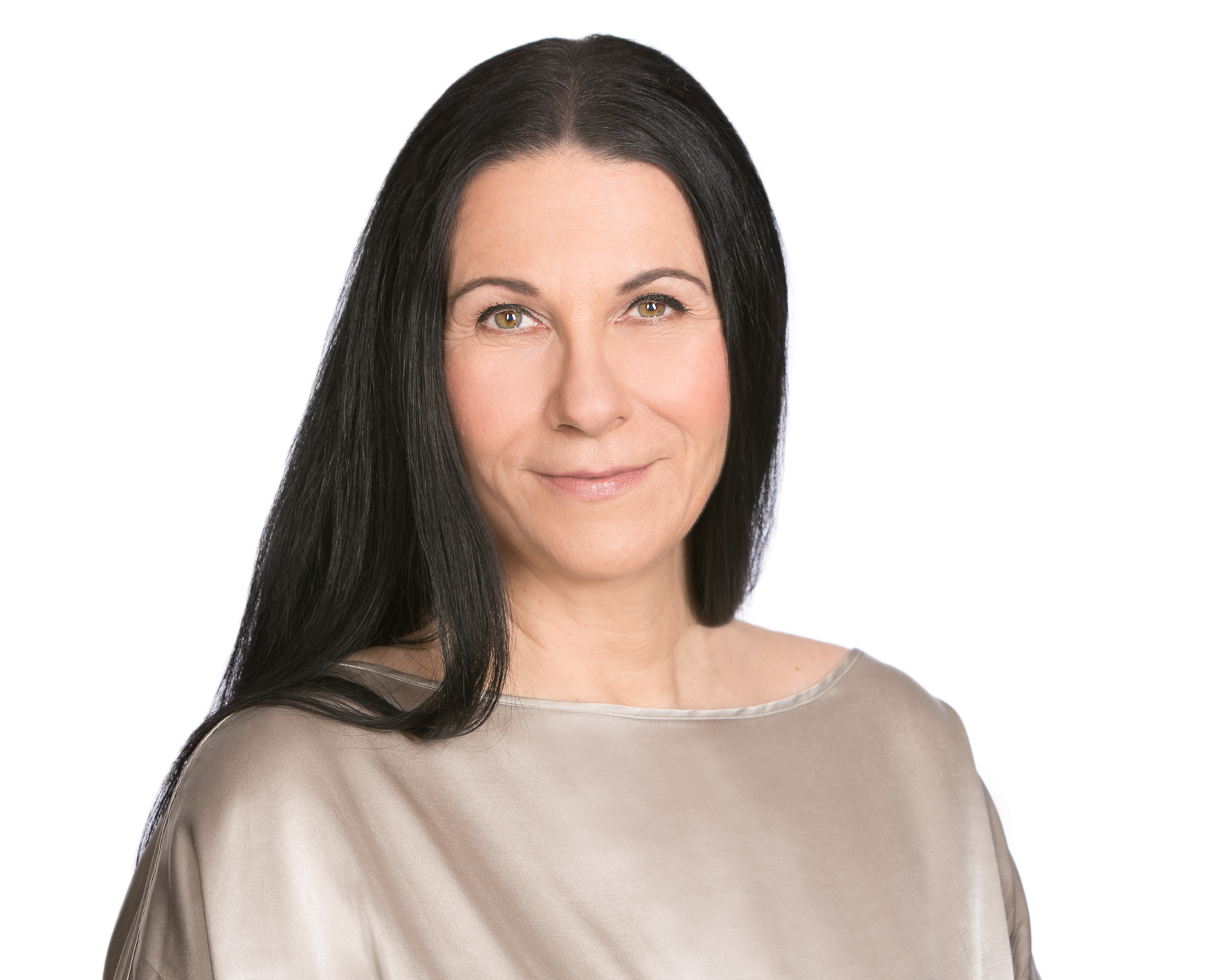Must take supplements for you if you’re over 45 years old
Yes, while I always say that it’s better to get your nutrients from food first sometimes supplements are necessary.
Unfortunately there are just some all-too-common nutrients that we simply don’t get enough of. And they’re absolutely critical to optimal health and wellness. Especially as we age.
Here I sifted through the supplements that are available on the market and boiled them down to a few that can have the most beneficial effect for women going through menopause.
VITAMIN D
If you live in the North Hemisphere chances are you are low in vitamin D. It’s the “sunshine vitamin” and we just aren’t able to hang out in shorts every day of the year. Even if we did we’d wisely use a bit of sun protection too.
Vitamin D is very important for everyone but especially women over 45. Want to know why?
Lack of vitamin D makes you feel fatigued, reduces your body’s immunity, can promote depression and mood swings, sleep problems, weight gain and it even helps to protect your bones! Besides, during peri menopause low levels of vitamin D can cause prolonged period bleeding.
Vitamin D also helps our body absorb and keep the calcium we get from our food and drinks. And we all know that calcium is one of the main things our bones are made of.
Want to know something funny about vitamin D? People who get enough vitamin D tend to fall less frequently. Especially as we get older.
Vitamin D can help your bones stay strong and help you fall less. Win-win!
What you can do to get enough vitamin D during menopause?
- Sunbathe whenever possible and make sure you do so without a sun cream for the first 20-30 min.
- Get vitamin D from natural sources by including foods like wild salmon and sardines into your diet or look at foods that are actually fortified with vitamin D3
- Supplement with vitamin D. The recommended daily dose is 1000iU but I recommend to check your vitamin D levels with your next blood test as most of us are heavy deficient and need higher daily supplementation.
MAGNESIUM
Magnesium is an essential mineral needed for over 300 reactions in your body.
Yes, 300!
As with vitamin D it’s very common for us to simply not get enough. Not even the 350 mg per day that’s recommended.
Low levels of magnesium have been linked to high blood pressure, diabetes, low bone density, and even migraines.
Magnesium is found in so many healthy whole foods like beans, nuts, seeds and green leafy vegetables. In fact, the magnesium element is central to a plant’s chlorophyll – it’s actually what causes green plants to be green! And most of us just don’t get enough green plants into our bodies on a regular basis. (Check out the recipe below).
Magnesium is a very common supplement and is often added to multivitamins.
If you want to know more about the benefits of magnesium during menopause, check out my article HERE.
OMEGA 3s
We’ve all heard that we need to get more omega-3 essential fatty acids, right? They’re good for our hearts, brains, and help to reduce inflammation.
These are all good things when it comes to our health and wellness.
But not all of us are ready, willing, and able to eat fish three times per week.
While fish oil supplements contain the “brain healthy” fats called EPA and DHA, those two are not technically the “essential” fats. The plant omega-3 known as ALA is essential and that is because our bodies can convert ALA into EPA and DHA when necessary.
Omega-3 supplements can be found in forms of flax oil, algae oil, fish oil, or even fish liver oil.
Pro Tip: Fish liver oil (e.g. cod liver oil) also contains vitamin D so check your labels and add the amounts together to know how much vitamin D you’re actually getting.
Want to find out more what makes omega 3 a reliable supplement for menopause? Read more HERE
Vitamin K2
Vitamin K is one of the four fat-soluble vitamins (A, D, E & K) that are essential to maintaining overall well being, but it is often associated with promoting heart health, bone density and oral health, as well as reducing cell mutations and infection rates.
This being said, the main benefits of vitamin K are blood clotting, bone mineralization, improving insulin sensitivity, promoting heart health, regulating sex hormones.
The best sources of vitamin K are green leafy vegetables, Brussel sprouts, cabbage, broccoli, cauliflower as well as natto (a traditional Japanese food made of fermented soy beans).
The recommended adequate intake of vitamin K according to webMD is 90 micrograms/day for women age 19 and up.
Want to know more about vitamin K and its benefits for you? Read more HERE
Conclusion:
The supplements to consider now that you’re 45 are: vitamin D, magnesium, vitamin K2 and omega-3s.
Always read the supplement labels to see if there are warnings that would make them inappropriate for you. And, of course if you have any medical conditions or take medications or other supplements it’s always a good idea to speak with your doctor before starting anything new.
Recipe (Vitamin D, Magnesium & Omega-3s): Salmon Quinoa Buddha Bowl
Serves 2
4 cups baby spinach
1 cup quinoa (cooked)
2 salmon fillets
2 tablespoons sesame seeds
½ red onion (diced) (optional)
2 tablespoons sesame oil
2 tablespoons rice vinegar
1 tablespoon lemon juice
dash salt and pepper
Split spinach, quinoa, wild salmon, sesame seeds, and onion (if using) between two bowls.
Mix sesame oil, rice vinegar, and lemon juice together and pour on top of prepared Buddha bowls.
Add salt and pepper to taste.
Serve & Enjoy!

BUY HERE

BUY HERE
written by

LAURA PEISCHL, BA, INHC
Laura is a Certified Integrative Nutrition Health Coach, Holistic Menopause Health Specialist and certified Hormone Health and Wellness Practitioner. She is the founder and owner of Feel Good Menopause.


